Introduction
The current mindset of most dog owners is to give their dogs grain-free foods. Are they right or can dogs eat cornflour?. Shelley Drive animal clinic objected to that kind of mindset. They stated that corn makes the perfect digestible nutrient for dogs with vitamin E, protein, and linoleic acid.
Dr Lisa Freeman, a clinical professor and veterinary nutritionist working for Tufts University, School of Veterinary Medicine on December 19, 2016, busted that myth about grain-free foods. She stated that grains are highly nutritious when used as food for your dogs and cats.
What Makes Cornflour Good for Dogs?
As proved above, cornflour makes a perfect feed for your dog. The flour comes from the popular maize grain that contains several minerals and vitamins suitable for your dog’s health. The following are the benefits associated with cornflour when used as dog food.
- Most dog food manufacturers use corn as an ingredient when making foods for dogs. Facts obtained from reliable veterinary nutritionists have indicated that corn when used as dog food causes no problems. It, therefore, forms a part of diet balancing in dog foods. However, like in every dog food ingredient, moderation needs to be a priority.
- Some people have the wrong notion that corn only acts as dog food filler. That’s not right because corn contains antioxidants, proteins, linoleic acids, and carbohydrates essential for the well-being of your dog. Cornflour forms a part of the dog food when mixed with other ingredients. The carbohydrates within the corn also provide the fiber that’s essential for your dog’s motility and gut health.
- Corn contains antioxidants like Betacarotene, lutein, and Vitamin E that helps in protecting important cells against damage. It can, therefore, lower the chances of your dog contracting cancer, strokes, cataracts, arthritis, heart diseases, and atherosclerosis.
- Fatty acids like linolenic and linoleic are present in corn in enough quantities to maintain your dog’s skin and coat health. The acids also work towards improving your dog’s central nervous and immune system, while the carbohydrates within the corn provide energy to your pets.
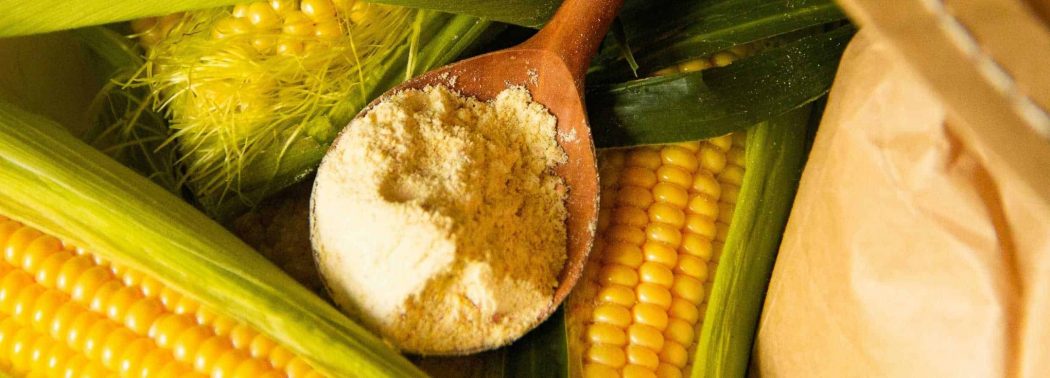
Can Cornflour be Bad for Dogs?
Dogs with an over-reactive immune system may experience allergies as a result of taking foods with corn. Dogs allergic reactions can manifest in different ways like:
- Vomiting
- Diarrhea
- Hives
- Skin irritation
- Extended licking
- Abdominal cramping
- Itching
- Paws biting
Any of those signs will start showing when you feed your dog any specific food containing corn products. The allergic problem also occurs due to:
- A chemical imbalance or changing the environment, causing gut problems.
- Problems in food digestion
- Constant exposure to specific allergens
What Quantities of Cornflour can my Dog Eat?
The thing to watch out for is giving your dog raw cornflour as it can cause respiratory tract irritation. The most common symptoms are coughing and sneezing. The cornflour needs mixing with other foods containing proteins and vegetables. You should always adhere to the moderation rule as serving too much may cause problems.
Preparing and Serving Cornflour
To use cornflour ingredients in your dog food, you can dehydrate or bake it to make it safe for consumption.
Sources
- To Grain or Not to Grain…, 2019, Shelley Drive Animal Clinic
- Busting Pet Food Myths on WGN Radio, 2016, Steve Dale
- Can Dogs Eat Corn?, 2021, AKC Staff
- Is Corn Bad for Pets?, 2021, Hill’s Pet Nutrition
- Corn Allergies in Dogs, Wag!
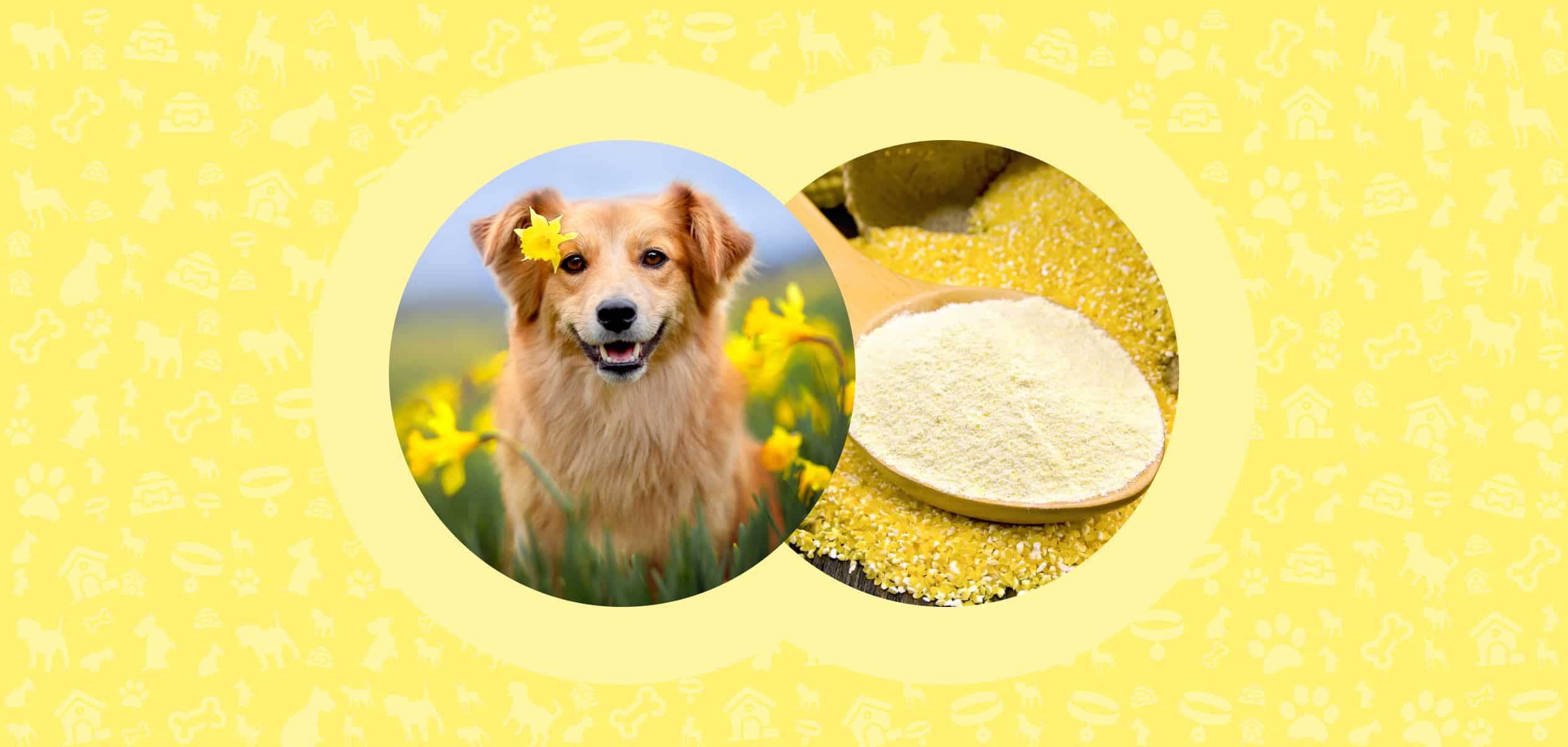
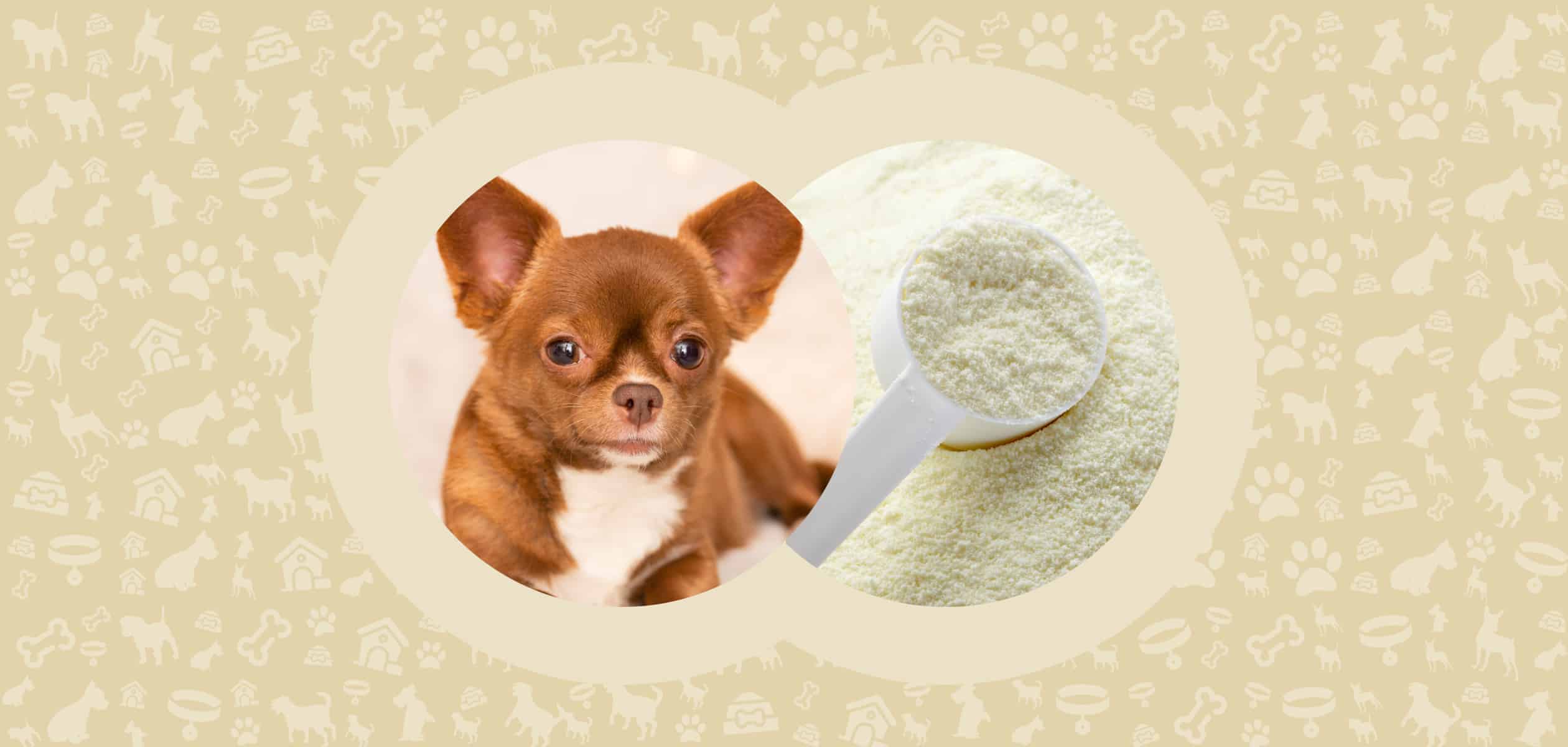
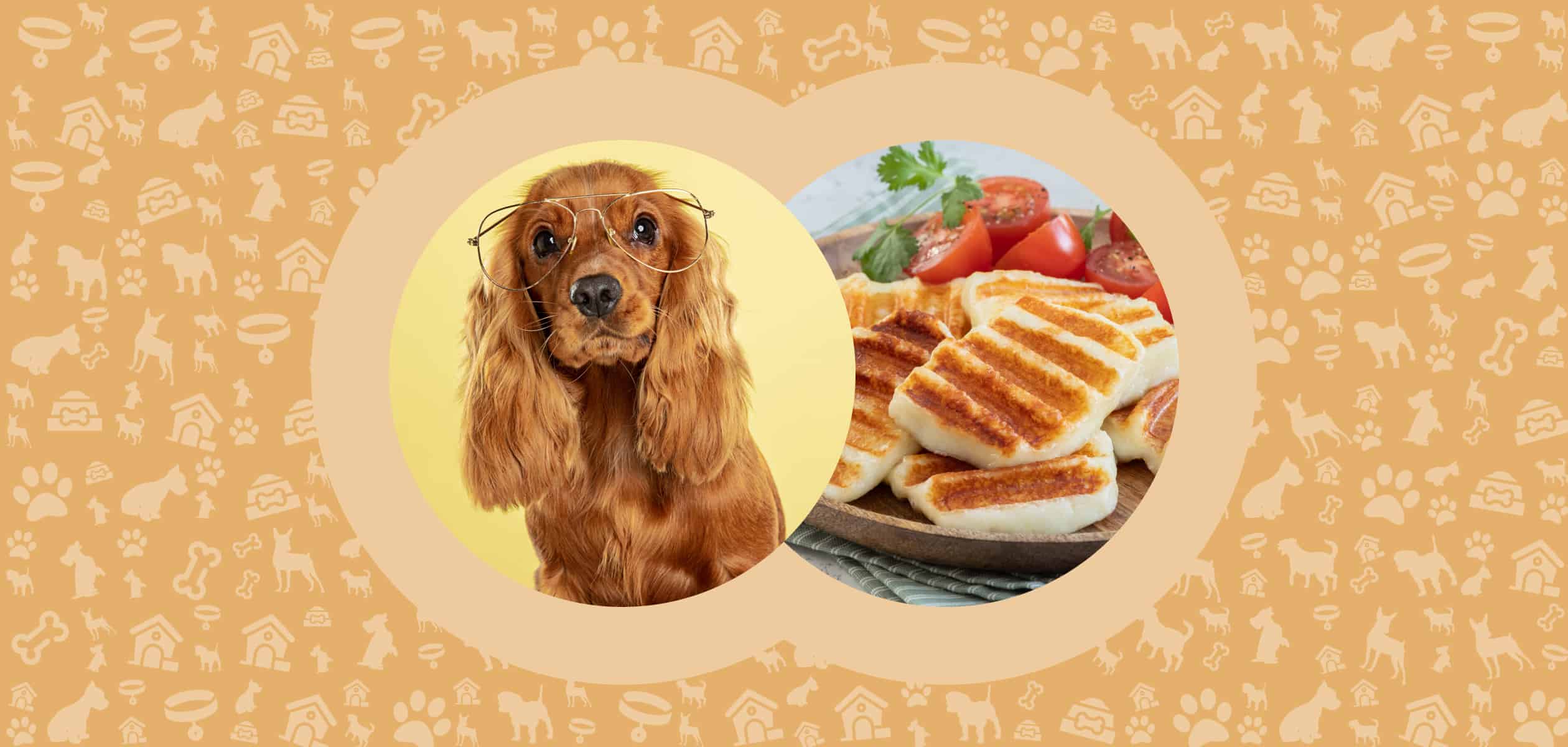
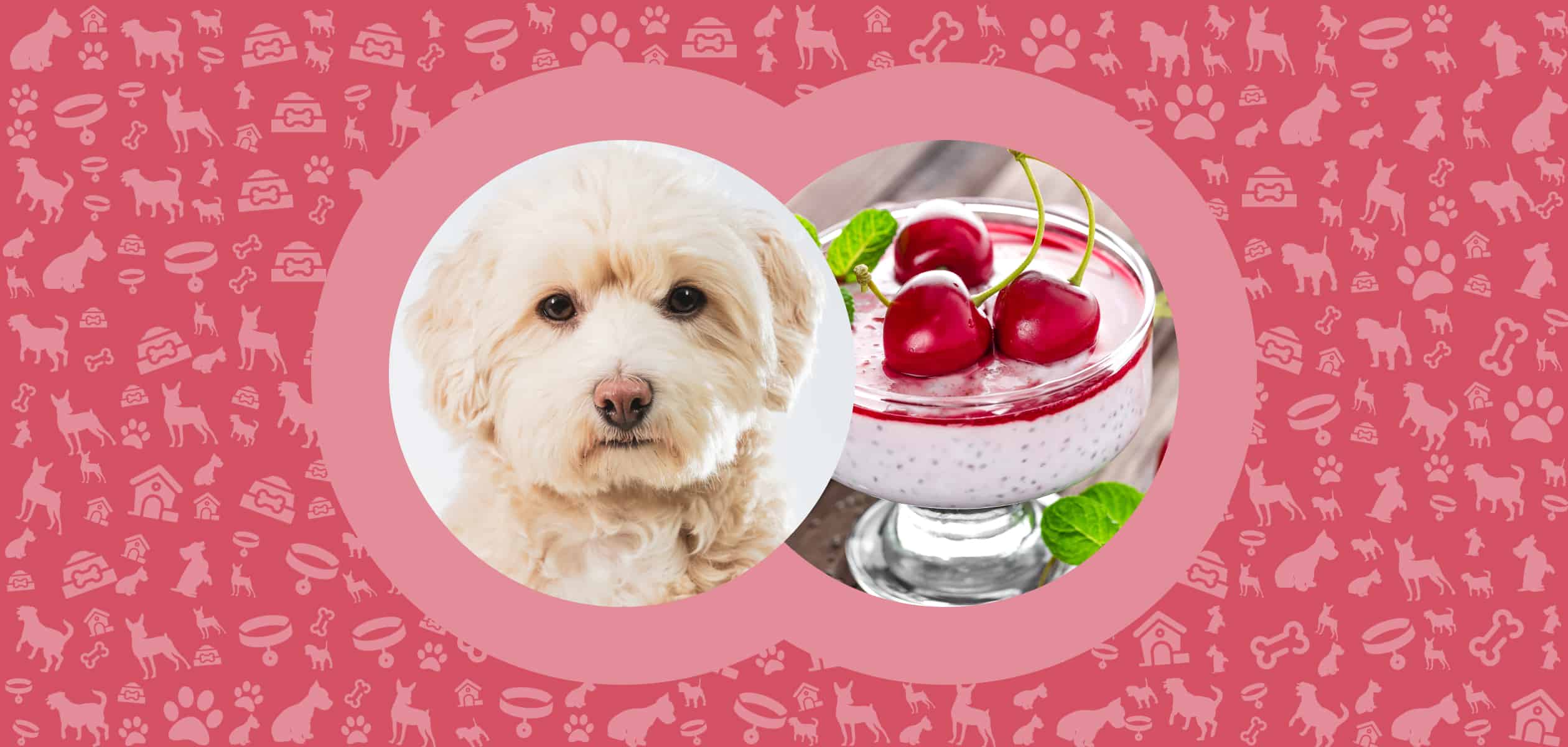
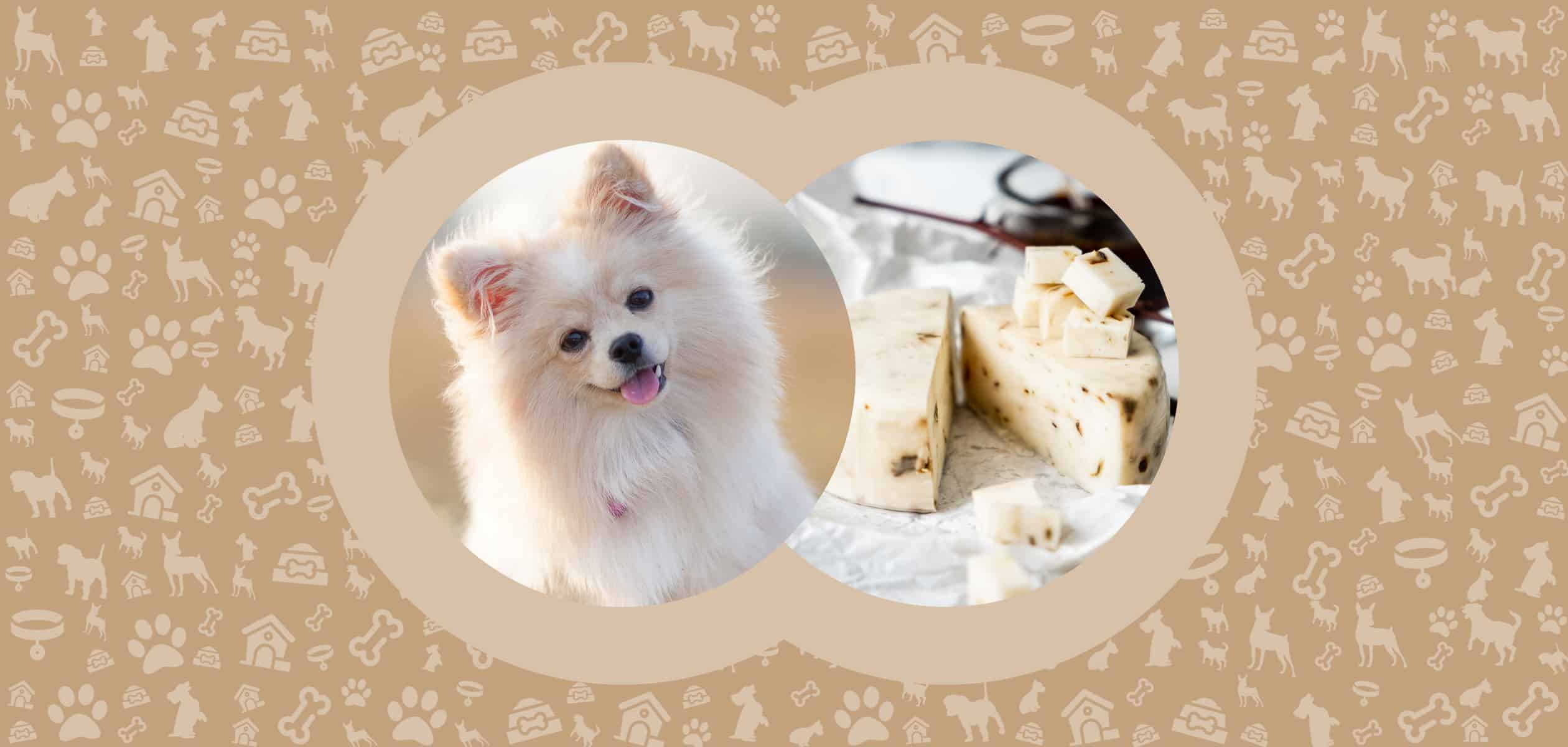
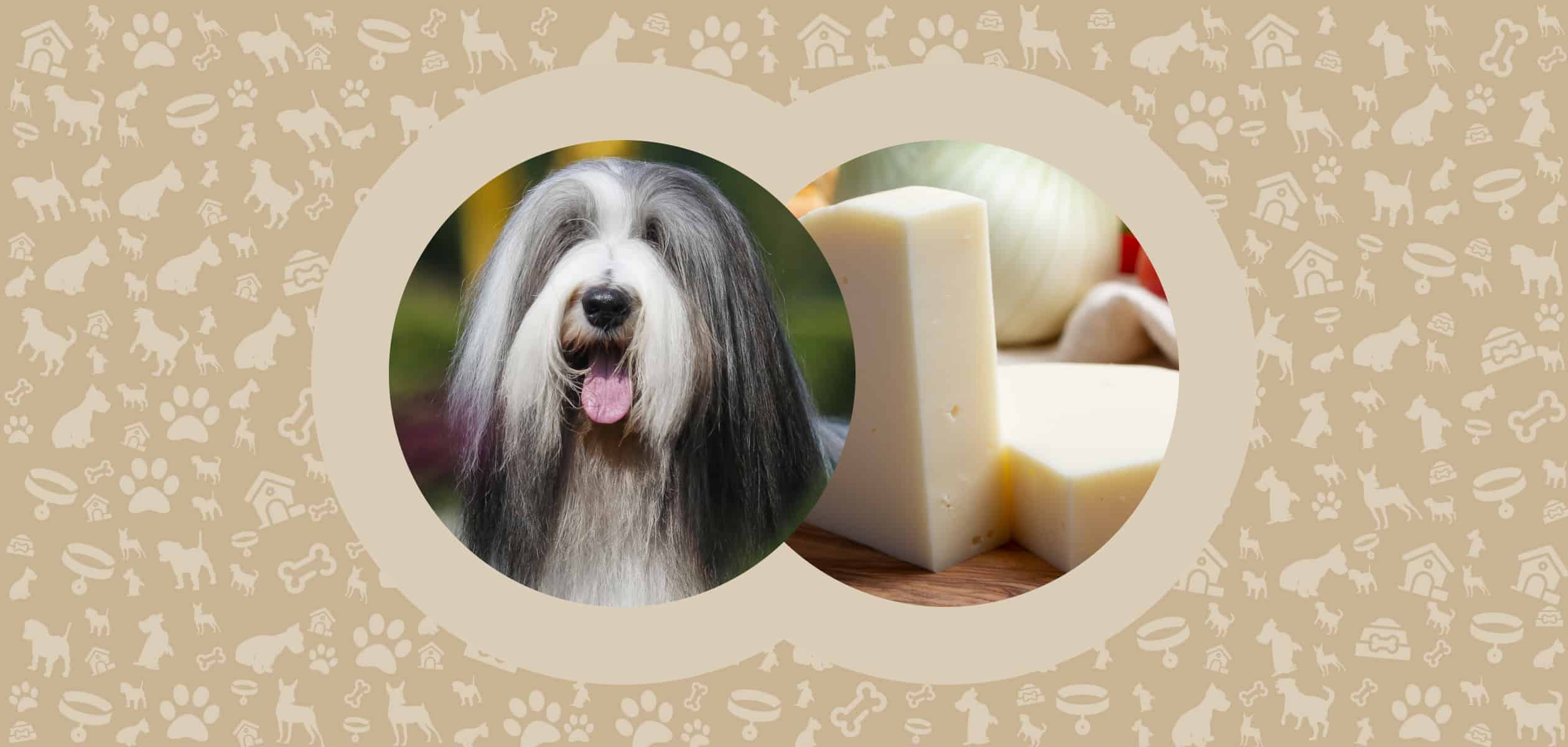
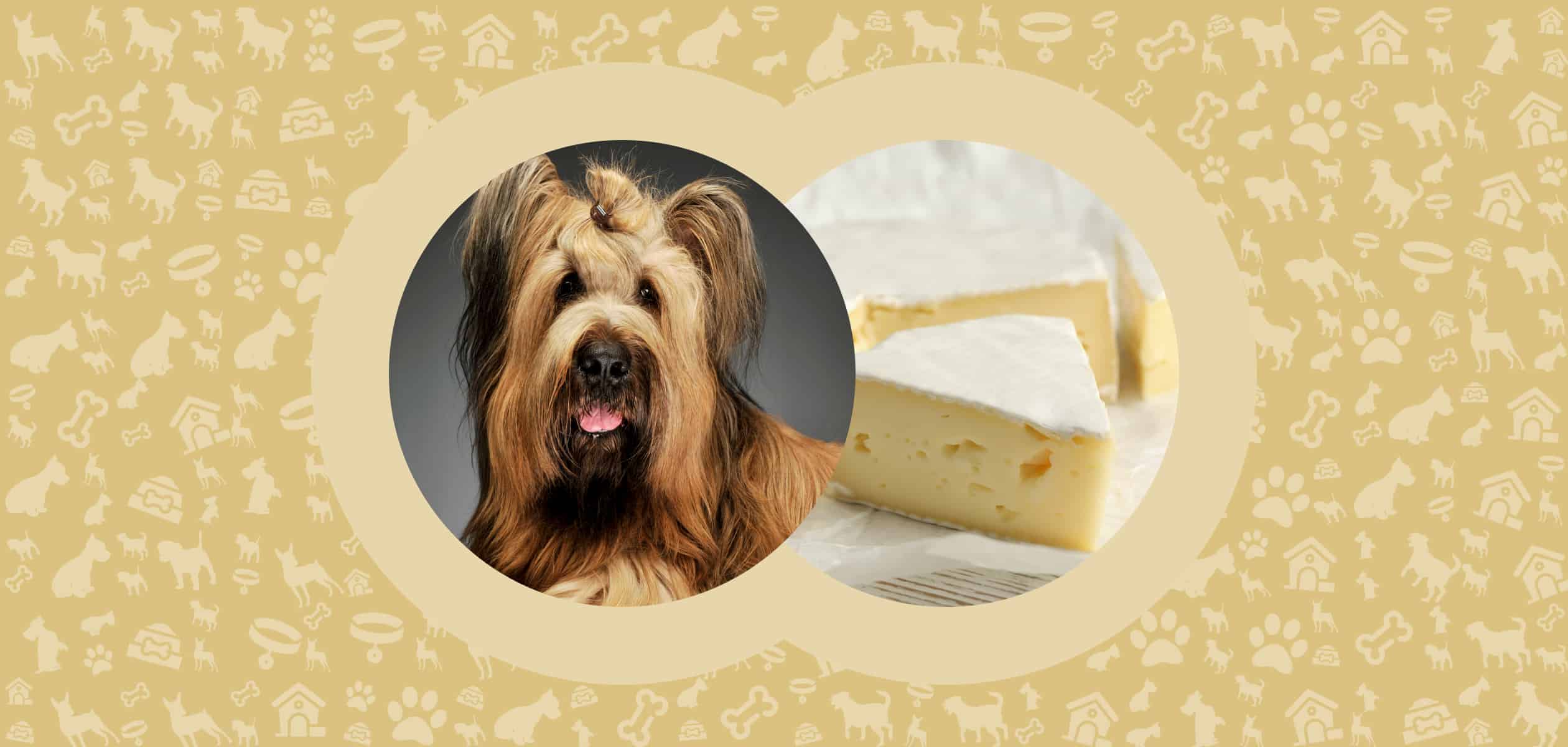
Leave a Comment